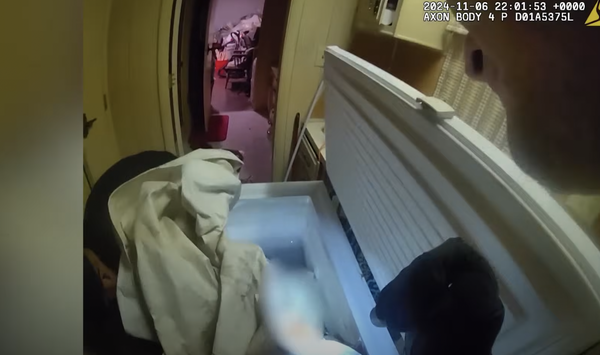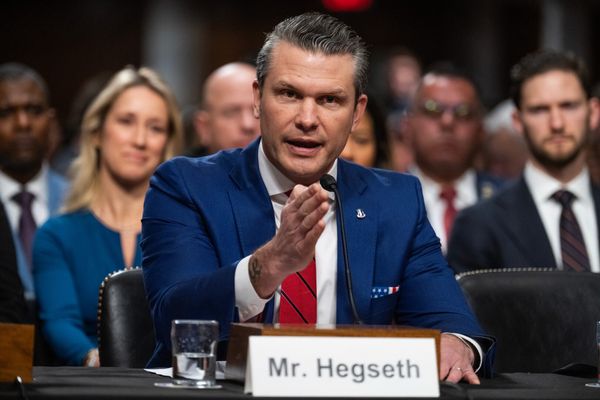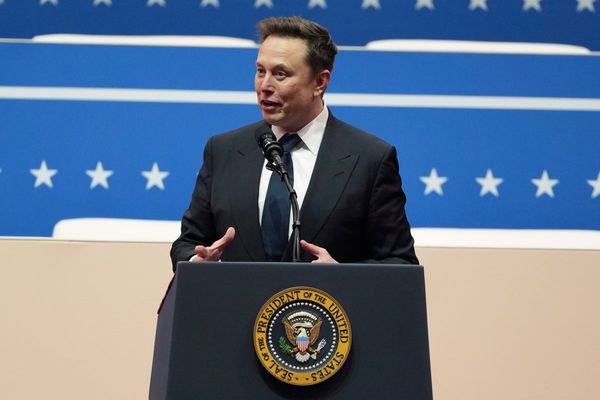
More than a decade ago the Council of Small Business Organisations of Australia suggested that changing the collection process for superannuation would be a good thing for everyone involved.
That idea was rejected by the industry superannuation funds and, as a result, between $42 billion and $72 billion in retirement funds has been lost to those funds’ members. The fear of competition from vested interests created this situation.
The original idea was to include an employee’s superannuation payments with the PAYG payments made to the Australian Tax Office by employers. Basically it meant that employers did not have to separately pay superannuation funds. The employer would have made one payment to the ATO instead of separate payments to the ATO and to superannuation funds.
The employer could not forget to pay the super or be tempted to not pay it because it is in with PAYG. The employer also could not have made a mistake in calculating super as it would be an amount calculated by the ATO. It is worth noting that the ATO chases late PAYG payments like politicians chase votes — they don’t let up.
How did this happen?
The industry superannuation funds estimate some $5 billion a year of superannuation has not been paid by employers. The ATO estimated in 2018 that unpaid superannuation is actually $2.5 billion a year. So given it is 12 years since the suggestion to change the collection process, we end up with between $30 billion and $60 billion of unpaid superannuation.
Then we have the savings in administration costs for the funds. The changed collection process means they would collect a person’s superannuation from one place — the ATO — not from more than 900,000 places — employers. It also means the funds would not have to keep records on where their members work as the ATO has that information. When a member changes jobs it doesn’t need to be recorded by the superannuation funds. They would not need to send letters and information to employers.
Given that employers collect superannuation on behalf of about 14 million people, I have estimated savings in these administration costs to be at least $1 billion a year. No one has argued differently — so it is probably more. So over 12 years that is at least a saving of $12 billion.
Therefore the total amount of retirement money lost to the members of superannuation funds over the past 12 years is between $42 billion and $72 billion. If they had changed the collection process in 2010, all that money would have been collected and the administrative savings would have been passed on to members.
Why did the industry super funds resist the change that would be so beneficial to their members?
This idea has been aggressively resisted by the large industry associations and the many unions who make up the dominant number of directors of the industry superannuation funds. Funds like HESTA, REST, CBUS, HOSTPLUS, Australian Super and so forth.
When the superannuation guarantee was first designed, unions and big industry associations divided the workplaces into industry silos and each took a share.
Thus we see CBUS has directors from the CFMEU and from the Master Builders associations. REST (the superannuation fund for the retail industry) has directors from the retail union (SDA) and from large retailers such as Coles and Woolworths. These unions and industry associations make good money from their board membership and are afraid that true competition will kill their cash cow.
For the greater period of time the choice of superannuation fund was made by the employer or through workplace agreements and awards which are negotiated by organisations who have director membership on the superannuation fund. This has provided a captured membership for each of the industry superannuation funds while denying workers the right to choose their own fund.
If the collection process was changed the worker would have true choice in where their retirement funds are invested.
The unions and industry associations should be embarrassed. The people they are supposed to fight for, the members of the funds who are also the people that unions exist for, will benefit with better returns on investments, more certainty over where their money is, and a greater say in their futures. The small-business people represented by some of the industry associations will also have less work, less compliance and will become more efficient and productive.
There is also the embarrassment for the big businesses that got the collection process wrong. There are many, and include the law firm Maurice Blackburn, the legal eagles of choice for unions, who underpaid their own workers some $4 million due to miscalculation of super. It also includes Wesfarmers which made the same mistake and had to pay back many millions to their workers.
The reason this obvious change did not take place was due to threats made by the industry superannuation funds behind closed doors in Canberra. It is also because many Labor senators and MPs have sat as directors on these boards as union representatives.
The industry associations and their representatives who are directors have also made sure that the Coalition did not change the process. Associations such as the AI Group, the Australian Chamber of Commerce and Industry and its state members, Master Builders Australia and its affiliated members, and various health and hospitality associations all have directors on industry super funds. They all were aware of the benefits to members of changing the collection process but ignored that opportunity over a fear of competition undermining their organisational income.
That was a false fear; the membership of individual funds would remain high even with a change in the collection process and directors’ positions and incomes would be secure for many years.
I should also acknowledge the excellent work of the former minister responsible for superannuation, Senator Jane Hume, who recently created changes that should give some certainty to fund members. But it has taken 12 years, at least, to get these changes — and due to the greediness of the superannuation industry its members have lost many billions of dollars.
It is disgraceful that those in power could not make the change earlier, and even more disgraceful that those who claim to represent workers and businesses put the needs of their associations ahead of the needs of their members.
We could still change the collection process even further to create more administrative savings. Will Jim Chalmers and his Treasury team have the gumption?







